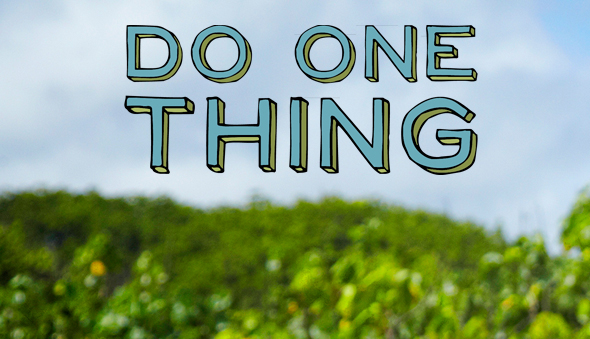Make Sweets Fair Trade
 Shopping for Valentine’s Day sweets? Here’s the dirty little secret behind mass-produced candy: As many as 200,000 children work the cocoa fields of Africa’s Ivory Coast, many against their will. On the sugar side, massive amounts of herbicides and pesticides are routinely sprayed on sugar cane crops, which are burned after harvest, leading to ground, water and air pollution.
Shopping for Valentine’s Day sweets? Here’s the dirty little secret behind mass-produced candy: As many as 200,000 children work the cocoa fields of Africa’s Ivory Coast, many against their will. On the sugar side, massive amounts of herbicides and pesticides are routinely sprayed on sugar cane crops, which are burned after harvest, leading to ground, water and air pollution.
Slave-labor chocolate and pesticide-laden sugar. That’s kind of a bitter pill, isn’t it?
Thankfully, fair trade certified cacao and sugar are slowly but surely making their way into our markets. But what does fair trade really mean? In a nutshell: The manufacturers of fair trade sugar, chocolate and other products typically work in third-world countries to forge economic partnerships that can alleviate poverty, reduce inequality, and create opportunities for farmers and artists—especially women, who produce 76% of fair trade goods. These businesses combat human trafficking by creating opportunities for parents, so that they don’t resort to selling their children or their children’s labor.
Especially when you’re choosing candy to show your love, supporting this kind of business can be sweet, indeed.





Thanks for the write-up. I had never heard of that program before, and will look for products bearing that certification in the future. With so many industries being outsourced these days, and with many of said outsourced industries being full of corruption, it is getting increasingly difficult to find international businesses that do legitimate work and treat their employees with dignity. Are there any specific brands that come to mind that you would recommend that fit into the parameters you mentioned?
Konrad | http://www.crsurfadventures.com/surf_camp.html
Yes, absolutely! Look for fair trade certification, also many certified organic sweets are also fair trade. One company I like a lot is Theo Chocolate. Not only are they fair trade certified and organic, they make the BEST sweets! 🙂